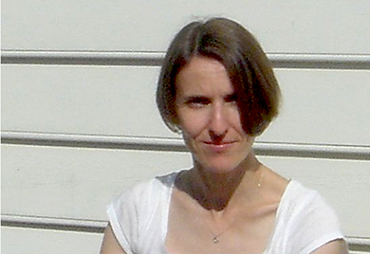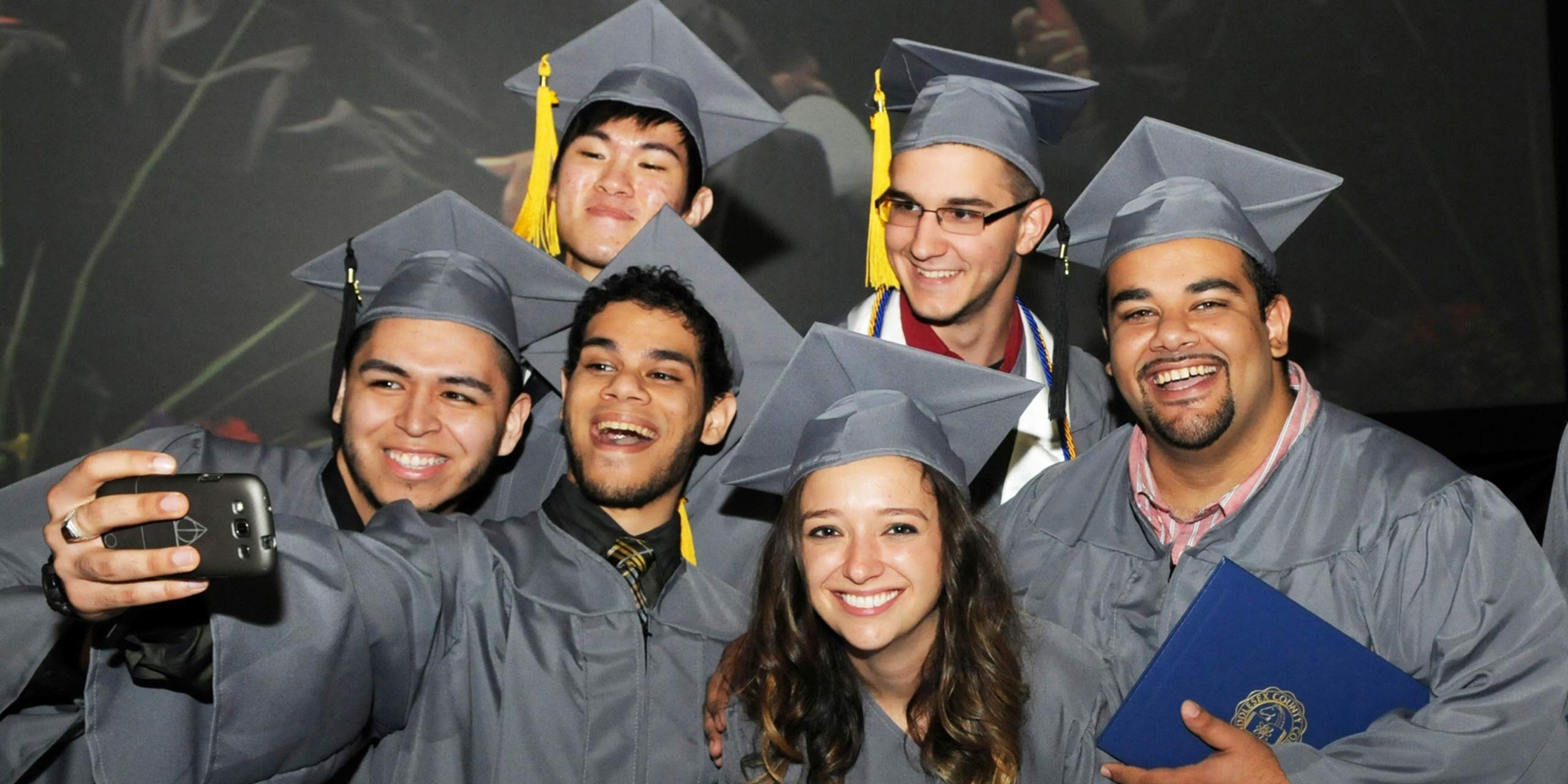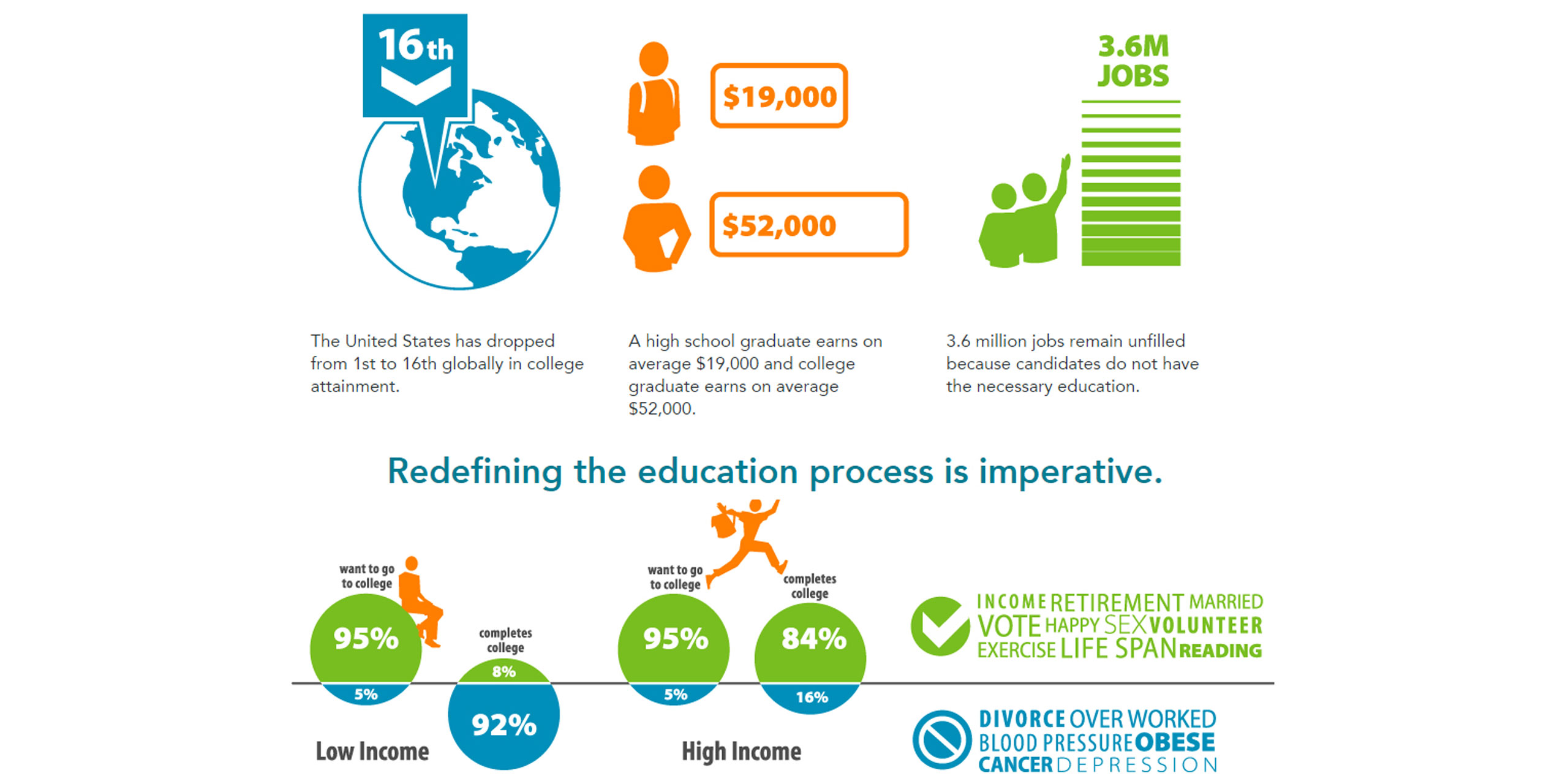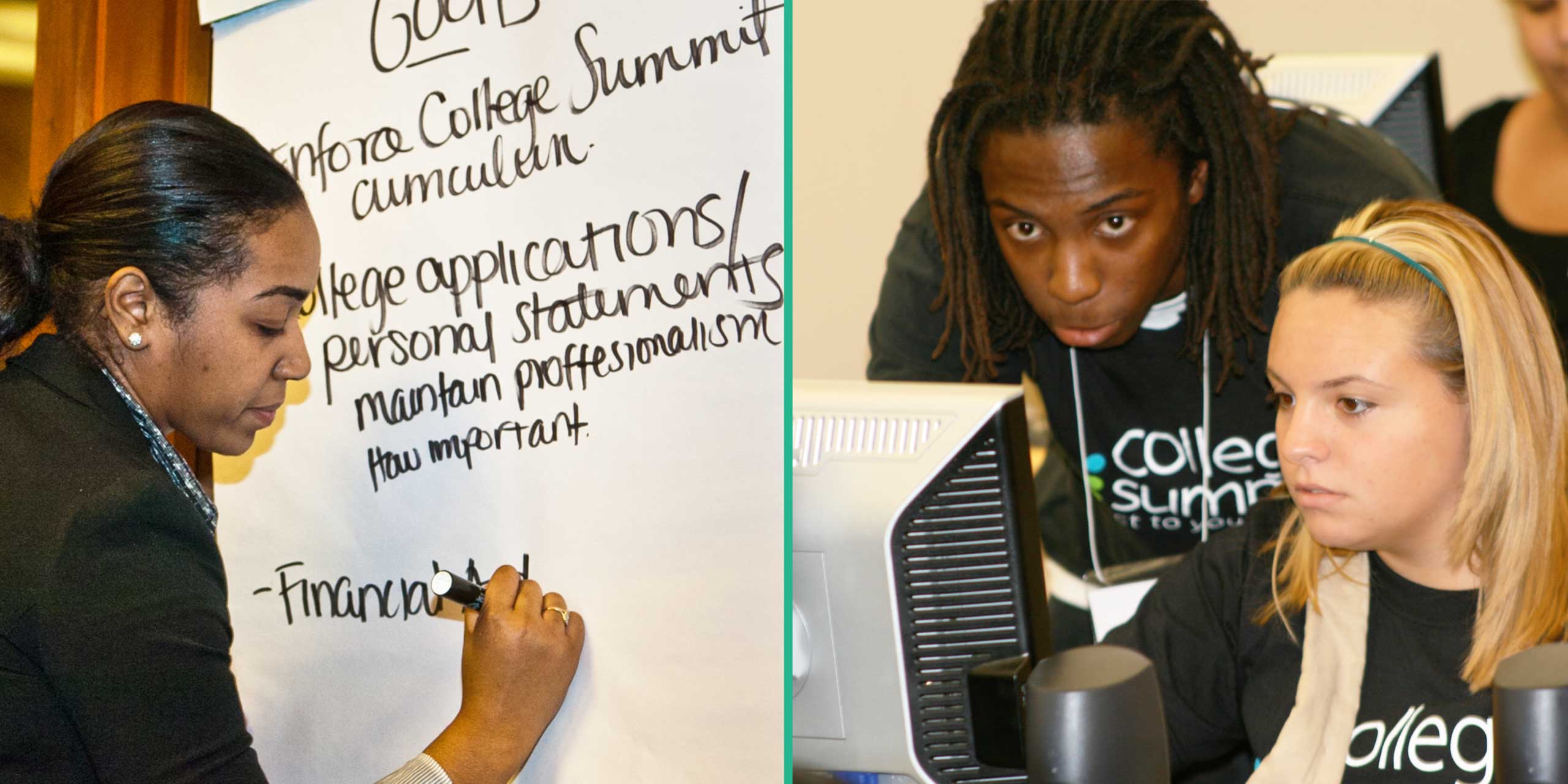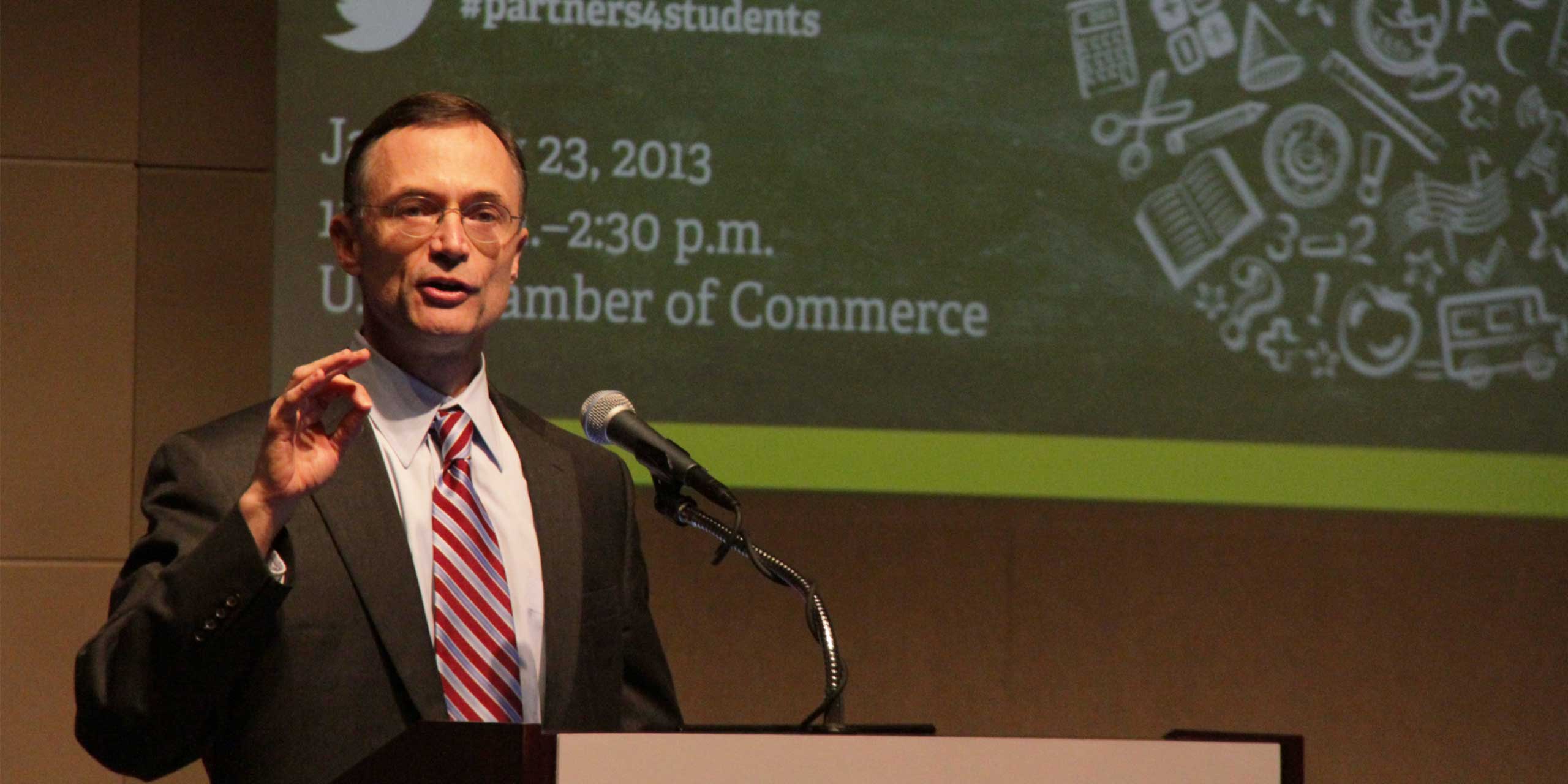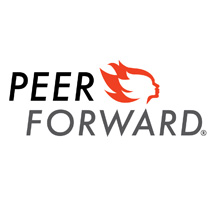
About the Organization
PeerForward taps a readily available resource found in every school—influential students—to improve postsecondary success outcomes and narrow the college degree attainment gap between high-income and low-income students. PeerForward honed a method for capturing, structuring, and leveraging the power of peer influence to motivate students to plan for, apply to, and succeed in higher education. Its method cultivates young leaders who become skilled in solving community issues and helps education systems become more stakeholder driven and more effective for low-income students, the majority of whom are Black and Latinx.
Ambition for Change
Market gaps that keep low-income students away from college or from attaining a postsecondary degree will be closed, allowing all of America’s talent to shine.
Path to Scale
PeerForward has an evolved an innovative method for leveraging peer-to-peer influence to improve education outcomes for low-income students, create a corps of young community leaders of color, and shift education systems to be more stakeholder driven and effective for all students.
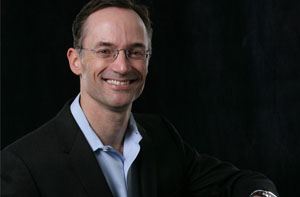
Jacob Schramm
Managing Partner and Founder, Grove Social Impact Partners
J.B. Schramm founded College Summit (now PeerForward) with Keith Frome and Derek Canty in 1995, after a writing workshop with local teens at a community center in Washington, D.C. a couple of years earlier resulted in an “aha” moment. The students were not only interested in crafting their own personal essays, but they went back to their schools and helped their friends to do the same using the methods they learned. J.B. led College Summit through 2014, and he currently is a member of the board and a critical partner in the promotion of Youth Activation, the core of PeerForward's program. He currently is Managing Partner of New Profit’s Learn to Earn Fund, which seeks to scale postsecondary and career innovation with proven impact for low-income and under-represented students. Forbes named J.B. to its “Impact 30” list of top global social entrepreneurs for his work leading College Summit (now called PeerForward), the nonprofit J.B. founded in the basement of a low-income housing project in 1995, rooted in the belief that peer influence is the most powerful untapped resource for transforming schools. In 2010, College Summit was recognized by the U.S. Chamber of Commerce as the nation's top corporate/nonprofit partnership. Selected as the U.S. Social Entrepreneur of the Year at the World Economic Forum (2007), J.B. is the recipient of honorary doctorates from Regis University and the Université Catholique de Louvain (Belgium), and the alumni award from Harvard Divinity School. He is a Colorado native, a graduate of Denver Public Schools, and a fellow of the Manhattan Institute, and Aspen Institute. J.B. has been published and highlighted by numerous media outlets including The New York Times, The Washington Post, People, and the Consumer Electronics Show.
J.B. stepped down as CEO in September 2013 and currently chairs the Learn to Earn Initiative at New Profit. Co-founder Keith Frome now serves as the CEO of PeerForward.
Since it launched more than two decades ago (as College Summit), PeerForward has helped guide more than 400,000 students on the path to postsecondary education. Under its new model, which trains Peer Leaders to serve students, PeerForward reached 75,000 high school students, directly assisting 13,500 high school seniors, in the 2021–22 academic year. PeerForward also served more than 2,000 college students through its promising new college model. During the pandemic, PeerForward high schools mitigated the drop in applications for financial aid and college, experiencing only a 6 percent decrease compared to 8 percent to 12 percent decreases in similar schools. During the 2021–22 school year, Peer Leaders brought their schools back within 1 percentage point of pre-pandemic FAFSA completion rates. A quasi-experimental study conducted by University of Pittsburgh researchers found that PeerForward schools had 26 percent more FAFSA (Free Application for Federal Student Aid) completers than comparable schools, yielding $13 million more in financial aid. The college model is showing strong early results. Students at Broward College who are mentored by a PeerForward-trained student are earning an associate’s degree at a rate 71 percent higher than the general student population. The college model taps into AmeriCorps funds and is ready to scale.
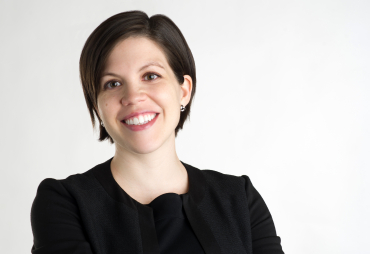
Michelle Tafel
Chief Strategy & Advancement Officer, PeerForward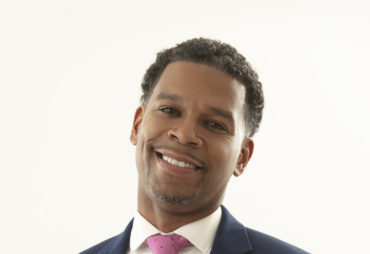
Gary Linnen
Chief Executive Officer, PeerForward
Keith Frome
CEO & Co-Founder, PeerForward